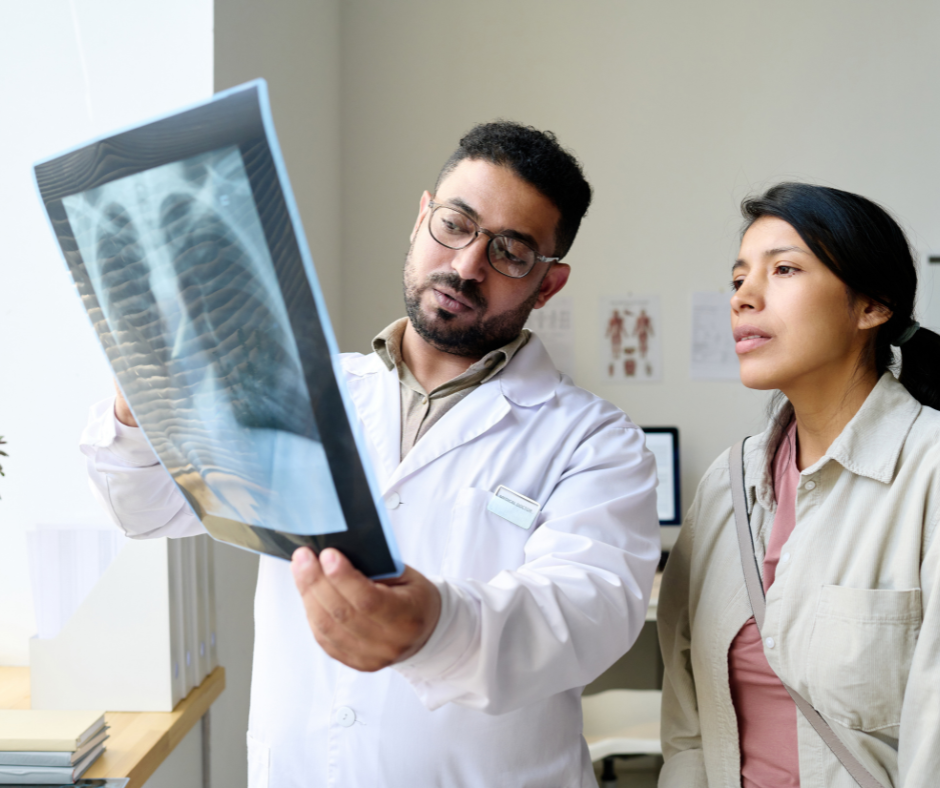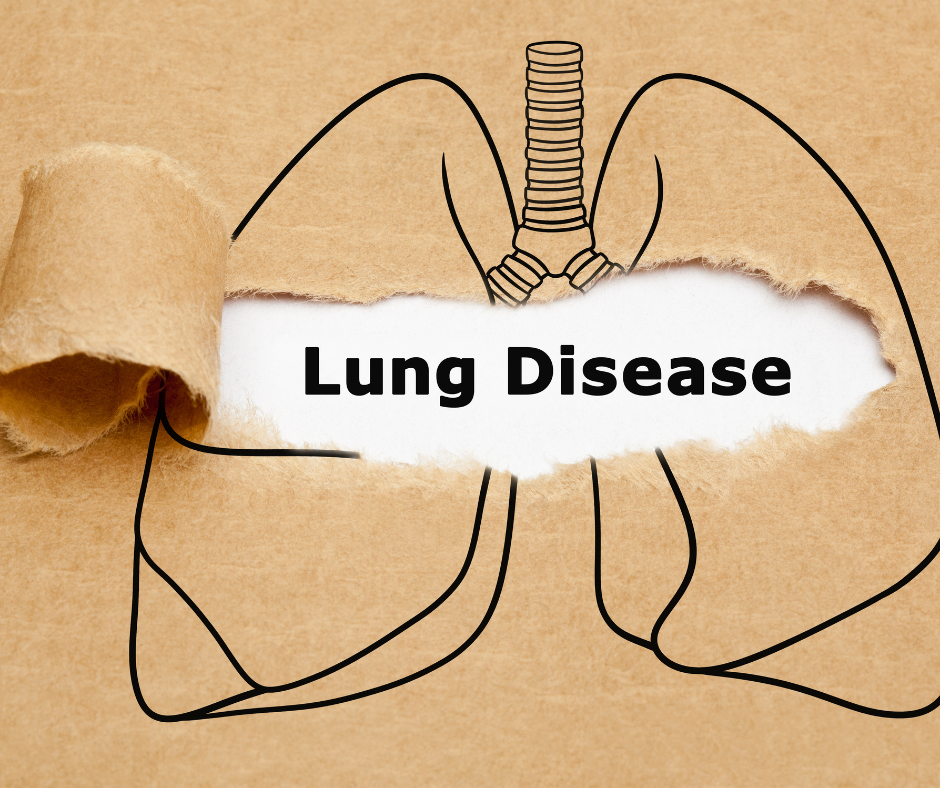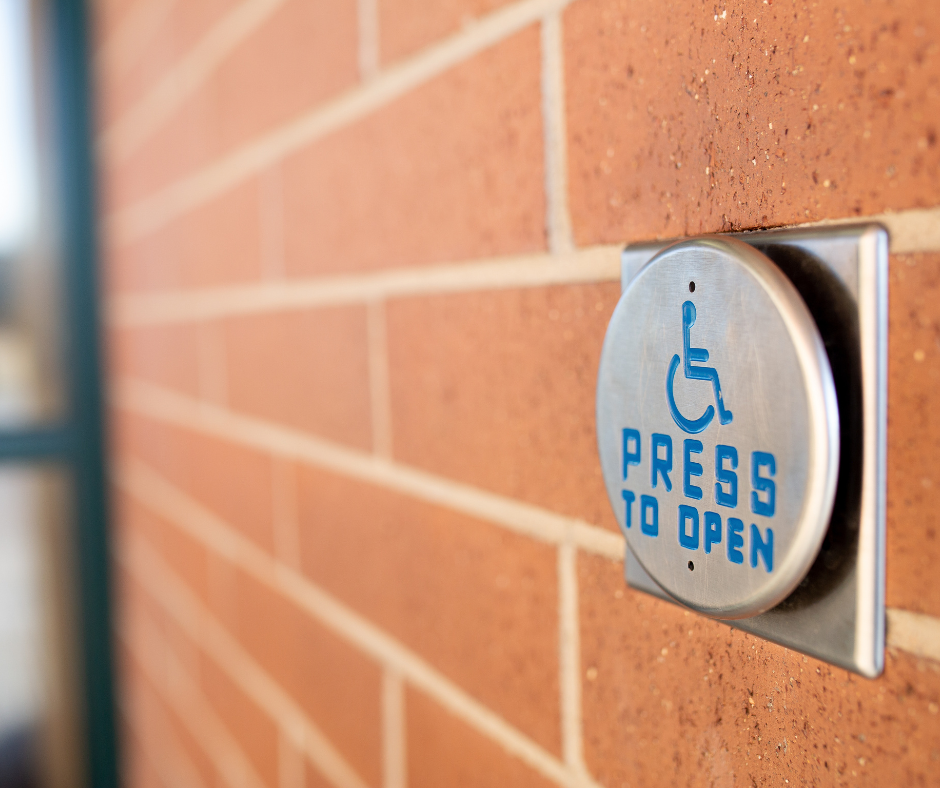Celebrating International Day of Persons with Disabilities on December 3rd
Observed globally on December 3rd, the International Day of Persons with Disabilities (IDPD) rallies support for the crucial issues surrounding disability inclusion, raises awareness about disability-related challenges, and highlights the advantages of creating an inclusive and accessible society for everyone.
The History and Significance of the Day
Instituted by the United Nations in 1992, IDPD aims to foster an inclusive, accessible world where everyone can participate fully, regardless of their abilities. The significance of this day goes beyond mere acknowledgment; it’s about action and inclusion. By recognizing the challenges and achievements of people with disabilities, we encourage a more empathetic, supportive society. This day reminds us that disability is part of the human condition; anyone can experience it at any point in life, through illness, accident, or aging.
The United Nations proclaimed December 3rd as IDPD to increase awareness and understanding of disability issues and to mobilize support for the dignity, rights, and well-being of persons with disabilities. Over the years, this day has grown into a platform for people with disabilities and their allies to raise their voices and call for more equitable practices in all areas of society.
Why is Disability Awareness Important?
Disability awareness is crucial for many reasons:
- Promoting Inclusion and Equity: Awareness fosters inclusive societies, ensuring equal opportunities for all.
- Reducing Stigma and Discrimination: It helps break down stereotypes, fostering respect and understanding.
- Improving Accessibility: Awareness leads to support for making environments more accessible.
- Enhancing Empathy and Support: It builds a supportive community environment.
- Encouraging Diverse Perspectives: Recognizing the contributions of people with disabilities enriches society.
- Legal and Policy Advocacy: Awareness drives policy changes to protect disability rights.
- Empowering Individuals: Representation and value foster a sense of belonging.
Understanding and addressing these challenges creates a more just, inclusive, and compassionate society, benefiting everyone.
2024 Theme: Amplifying the Leadership of Persons with Disabilities for an Inclusive and Sustainable Future
The 2024 theme emphasizes empowering individuals with disabilities to lead, reflecting the spirit of “Nothing About Us Without Us.” It highlights the need for participation, representation, and inclusion, urging people with disabilities to shape their own futures and advocate for universal access and inclusive development.
Persons with disabilities and their organizations have long championed their rights and led initiatives that benefit broader inclusive development. Through consultation, data collection, and advocacy, they have made significant contributions to their communities.
This year’s observance of IDPD comes during pivotal global events like the Summit of the Future and the upcoming Second World Summit for Social Development. These events will help map out a roadmap towards disability-inclusive and sustainable peace and development.
The United Nations Disability Inclusion Strategy continues to guide progress, with the Secretary-General’s fifth report on disability inclusion in 2024 highlighting achievements and ongoing challenges.
Together, these efforts and events highlight the vital role of persons with disabilities in shaping a more inclusive and sustainable future.
How You Can Participate
- Raise Awareness: Share information about IDPD on social media using hashtags like #IDPD2024, #DisabilityInclusion, and #AccessibilityMatters.
- Educate Yourself: Read articles, watch documentaries, and learn more about the challenges faced by people with disabilities.
- Support Organizations: Donate to or volunteer with organizations that work towards disability rights and inclusion. Consider making a donation to The International Foundation for Autoimmune and Autoinflammatory Arthritis to continue making resources and tools for with disabilities from AiArthritis diseases.
- Promote Accessibility: Advocate for accessible environments in your community, whether it's improving physical infrastructure or supporting inclusive digital experiences.
International Day of Persons with Disabilities is not just about celebrating the contributions of people with disabilities, but also about recognizing the barriers they face and committing to removing these barriers. By working together, we can create a world where everyone has the opportunity to thrive.
Mark your calendar for December 3rd, and join the global movement toward a more inclusive and equitable world.Remember, each small step we take towards understanding and inclusion makes a big difference.
Sign up for our newsletters
International Foundation for AiArthritis
6605 Nottingham Ave.
St. Louis, MO 63109-2661
Tax ID: 27-1214308
Toll Free: 1-877-609-4226
Email: info@AiArthritis.org
Copyright 2024. All rights reserved. Information on this site is intended for informational purposes only Our foundation does not engage in the practice of medicine. Please consult a physician to obtain personal healthcare and treatment options. 501(c) 3 Nonprofit Tax ID: 27-1214308.






